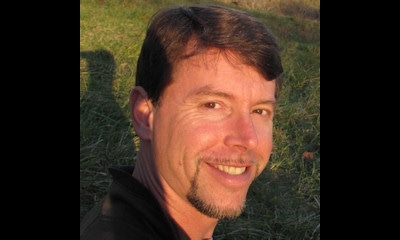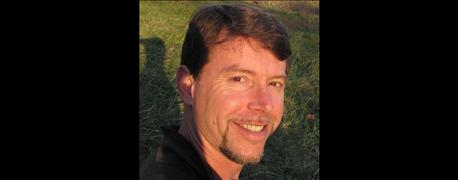
You’re going to read a series of hard-hitting articles this week by Greg Halich. They will discuss the necessity of taking positive action and making plans since crop prices are low and cash rent remains high. He will also share his vision of what happened if no one ‘blinks,’ and cash rent stays high for the next several years, while prices stay low.
Just who is Greg Halich, anyway?

Greg Halich, Extension ag economist, University of Kentucky
For starters, he’s an Associate Extension Professor in the department of Agricultural Economics at the University of Kentucky. He specializes in farm management for both grain and livestock operations. A couple years ago he crossed the Ohio River and presented talks about figuring out payback schedules for investing in new technologies, such as automatic boom controls on sprayers. His talks in Indiana were well received, and helped many people decide how fast they could invest in new technology, and how quickly they could afford to do it.
This time his topic isn’t as pleasant, perhaps, but is just as important. He wants to help farmers figure out how to survive the next several years of projected low grain prices.
Halich actually grew up in Michigan, living on what he describes as a hobby farm. His family raised sheep, chickens and vegetables. Later his family moved to a large farm in upstate New York that was in his mom’s family.
“The dairy had been sold off and the farm was transitioning to other uses,” he recalls. “Seeing two of my relatives attempt new ventures on this farm, and fail, led me to be cautious about starting farming enterprises without understanding the economics behind them. This is one of the main reasons I ended up doing graduate work in ag economics, concentrating on farm management.”
But Halich’s life today isn’t all about living in ivory towers and spouting high-sounding theories. He lives on a farm in Woodford County, Ky., raising stocker cattle, producing finished beef cattle for direct sale and growing corn and soybeans. At the same time, he’s building up a sheep flock and custom-grazing operation on that farm back in New York. He has a friend as a partner, and the partner handles daily operations there.
Why does he still farm today? “Having an actual farm and farm business keeps me grounded,” he says. “I was told that decades ago, before 1950, most Land Grant Universities encouraged their faculty to be involved in real farming operations, besides the University experiment stations. The idea was to make sure they understood the realities of farm operations, and to promote creativity.
“Somewhere along the line this reasoning got lost. Very few faculty are now involved in any type of farm business. In the short-run, there are many times when it would be easier to not have this additional commitment.
“In the long run, however, I believe it has taken my agricultural Extension work to a level that would be impossible without being grounded in the real world of farming.”
Be sure to read Halich’s insightful articles this week. You will be able to tell that someone who knows a few things about modern agriculture wrote them!
About the Author(s)
You May Also Like




